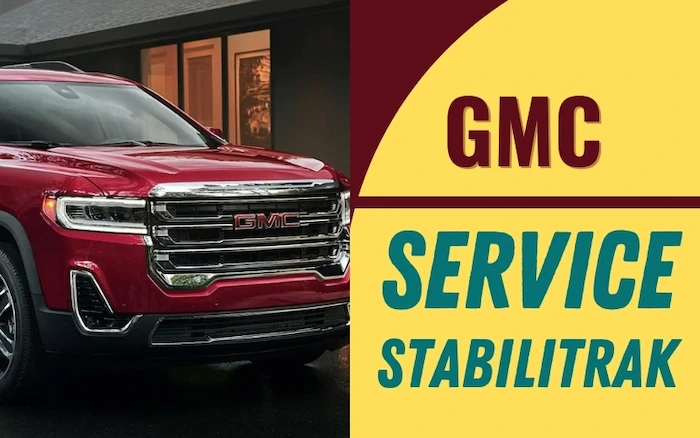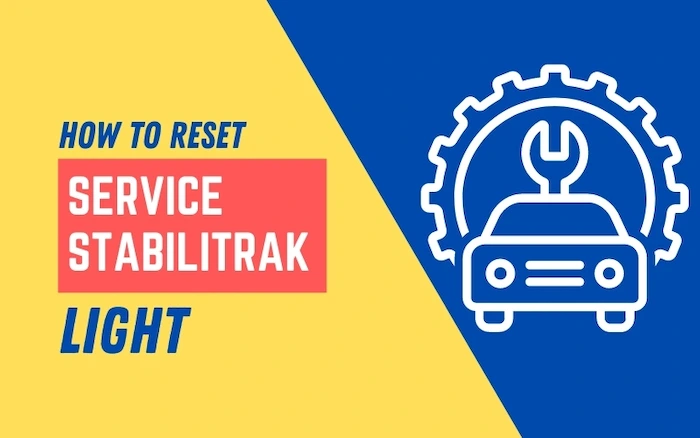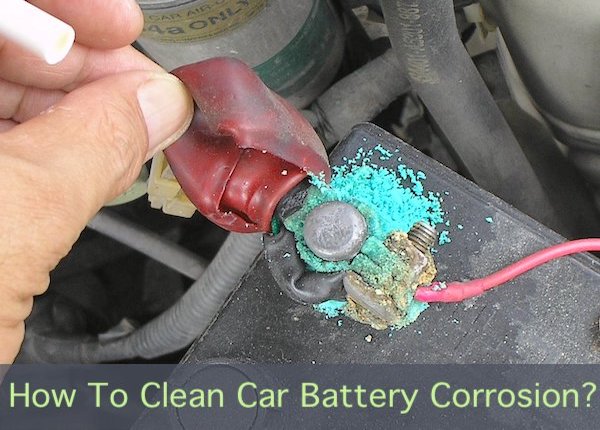Why Does My Steering Wheel Shake When I Brake At High Speeds?
A shaking steering wheel can be worrying when it happens for the first time, especially if you are at high speeds. Most motorists experience a steering wheel shake when they apply brakes at speeds of 60 to 70 mph. The most likely cause of a steering wheel shake is warped or unevenly worn brake rotors, but other issues like faulty brake pads may also cause the problem. An unevenly worn rotor tends to have thicker and thinner spots that make the brake force change as the rotor spins, creating shakes.
However, before you visit your mechanic to change the rotors, you will need to write off other causes of the steering wheel shake. We will help you to diagnose the problem to find the most likely cause that makes your steering wheel shake when you brake at high speeds.
Why Does My Steering Wheel Shake When I Brake At High Speeds? – 5 Common Causes
A shaking steering wheel as you brake is a big indication that something is wrong with your car. You should get the problem fixed in the shortest time possible. Unfortunately, many causes can make a steering wheel shake when you brake at high speeds.
We recommend that you know what could be the cause of the problem before you visit a mechanic for repairs as it can help you save time and money. Some of the causes that will make the steering wheel shake when you brake at high speeds include:
1. Out-Of-Balance Tires
When was the last time you took your car for tire alignment? Out-of-balance tires can send shakes to the steering wheel as you drive. The steering wheel shake triggered by misaligned tires is less noticeable at low speeds unless you are very keen. Most motorists will feel the shake when driving at speeds of around 50 mph or faster. The issue is also less noticeable once you reach higher speeds.
Diagnosing out-of-balance tires is not difficult. First, check if all the tires are correctly inflated. The presence of one or more flat tires will make your car lose balance, which will affect your ability to steer the vehicle effortlessly. You can solve the problem by inflating all tires to the appropriate level.
It is also necessary to check if your tires are worn unevenly. Look at the tire tread and replace those worn unevenly as they could also make the steering wheel shake as you try to slow down. If everything is okay with your tires and the problem still exists, it is time we look at the next cause of a shaking steering wheel.
2. Worn Out / Warped Brake Rotors
Your safety as a motorist largely depends on the status of your brakes. Once you apply pressure to the brake pad, you initiate a series of rapid events that end up with the brake rotors bringing your car to a stop. Over time, the rotors will wear out, lose shape, or even get warped and trigger steering wheel shakes when you brake.
Ask a mechanic to check your brake rotors and replace them accordingly. If you have recently replaced the rotors and the problem persists, the rotors could have been installed wrongly. Wrongly installed rotors will make it difficult for the brake pads to clamp together and trigger vibrations.
A mechanic check is necessary to help you determine if the rotors need resurfacing, replacing, or readjustment. If the rotors are working correctly, it is time to check the third cause of steering wheel shakes.
3. Faulty Brake Pads
Your vehicle’s braking system has several components that must function correctly and rapidly to bring the car to a halt efficiently. Faulty or dirty brake pads could trigger vibrations as you apply brakes. Brake pads can wear out over time or get contaminated by waste substances, oil, and dirt, which creates vibration and shakes when you apply brakes. Issues with your brake pads will also be accompanied by noises. You can ask a mechanic to check the pads and replace those causing the problem.
4. Dry Guide Pins
Your vehicle’s guide pins need the care to keep the braking system functioning correctly. Problems with the guide pins can make the steering wheel shake as you apply brakes. The guide pins are part of the brake calipers and guide the brake to the rotor. Over time, the pins can get corroded or dry and make the brake pads press the rotor at the wrong angle or caliper to stick.
The guide pins function well when they are clean and lubricated. Unfortunately, you cannot personally clean or lubricate the guide pins unless you are a professional, as it involves taking off the caliper, examining the housing, and dealing with high-temperature grease. You should visit a professional mechanic for cleaning and lubrication.
5. Problems With Suspension Components
The suspension components help to make your ride comfortable in rough terrains. The system is highly complex with several components like pistons, shocks, and rods that must work together correctly for the best performance. If one or several components of the suspension system are not working correctly, it can trigger a steering shake as you brake at high speeds. The vibrations are severe when you are driving at speeds of about 45 miles per hour.
Since there are multiple components in the suspension system, we recommend that you visit a mechanic to help you diagnose the problem. Avoid driving the vehicle without fixing the suspension system as that can make the issue more severe or even damage other parts.
How To Diagnose A Shaking Steering Wheel?
How to diagnose a shaking steering wheel will depend on the cause. An issue with the tires is the easiest to diagnose. You do not need to be a professional to tell whether your tires have the right inflation or are worn out. Start with the simple procedures that you can undertake like checking tire pressure, alignment, and unevenly worn-out tires. The other causes that can make your steering wheel shake are difficult to diagnose and you may need to visit a mechanic.
Keep in mind that the causes of a shaking steering wheel are not limited to the five discussed above. Other issues like power steering problems, axle problems, bad motor mounts, low transmission fluid, clogged transmission filter, and engine problems can also make the steering wheel shake when you brake at high speed.
You can help the mechanic diagnose the problem by noting when the vibration occurs and how frequent. Also, ensure that you follow all maintenance guidelines and routines to ensure that your vehicle is in perfect condition.
What To Do When Your Steering Wheel Shakes?
What you should do when your steering wheel shakes will depend on the cause and severity of the issue. However, it is important to seek the assistance of a mechanic to diagnose and fix the problem as soon as possible. Remember that a shaking steering could be a sign of a severe problem that may affect the safety of your vehicle.
How Do I Stop My Car Shaking When I Brake?
You can only stop the car from shaking when you brake by fixing the cause. A shaking steering wheel will not go away on its own. It will only make the problem more severe if not fixed in the shortest time possible.
Conclusion
Experiencing steering wheel shake when you brake at high speeds is not normal. It is a sign that something is wrong with your vehicle and it could get severe if not fixed immediately. You do not have to stop driving if you notice shakes, but we advise that you take the car to a professional for diagnosis and repairs soon as possible.
Frequently Asked Questions (FAQ)
What Are The Signs Of A Bad Ball Joint?
A bad ball joint is not a problem that should be ignored as it can affect the overall handling of your vehicle and in severe cases make you lose control. Thankfully, a bad or failing ball joint has a few symptoms that can alert a motorist. You may have a bad ball joint if you hear clunking noises that originate from the front suspension, excessive vibration from the vehicle’s suspension, and steering wandering to the right or left.
Can Wheel Alignment Cause Vibration When Braking?
Yes. Improperly aligned wheels can cause a vibration when braking. It can also cause other issues like rapid tire wear and damage to the suspension components that will make the vibrations more severe.
Can A Bad Tie Rod Cause Shaking?
Yes. The first sign you will notice with a failing tie rod is a shaking sensation in your steering wheel. Your vehicle’s tie rods can come loose and rattle around at the linkages as they wear. The rubber protection can also get torn and allow dirt and sand to get into the joint, which will trigger a grinding sensation when you steer.
Can Bad Struts Cause Shaking When Braking?
Not necessarily. The signs of bad struts include unusual noises, bounces, instability, and unusual tire wear. However, some signs of bad struts like unusual tire wear can cause steering wheel shakes when braking.




